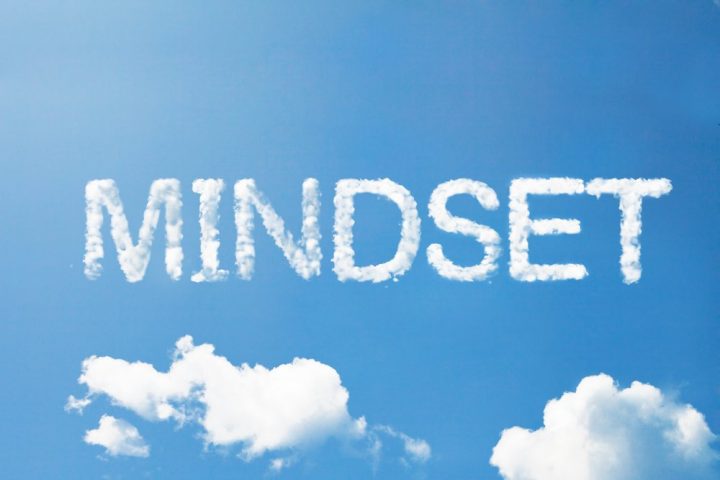Can Having a Growth Mindset Help with Charcot-Marie-Tooth Disease?
Written by |

Photo by Shutterstock What can a CMT patient learn from a marriage and family therapist?
Lately, I have been doing a lot of reading about mindsets. I am taking an online class about how mindset impacts our learning. It’s about how by changing what you say to yourself, you can change how you think and feel.
This got me thinking about how mindset affects those of us with a disability. We all hear the stories of people who do amazing things. Is it because they are gifted or is it because they have a growth mindset?
What is the difference between a growth mindset and a fixed mindset? A person with a fixed mindset believes that you are either good or bad, depending on who you are. A person with a growth mindset believes that you can be good at anything because your abilities are entirely due to your actions.
In Carol Dweck’s book, “Mindset: The New Psychology of Success,” she explains how having a growth mindset can positively impact one’s learning. One thing that stood out for me is that people with a growth mindset see failures as temporary setbacks. When you have a fixed mindset, you see these failures as weakness.
That got me thinking about how I feel about my Charcot-Marie-Tooth. I took some time to think about how I see myself. Do I think of my disability as a weakness or a failure? I began to see that in some ways I have a growth mindset, but I also have a fixed mindset about some things, including my ankle-foot orthotics (AFOs). I see them as a sign of weakness. I know I am not a failure, but I may have failed to handle my symptoms and that is why I need to wear the AFOs. I know it’s not a very logical way to think. I know I need to accept that wearing AFOs is not a sign of failure and to see them as an opportunity to improve my quality of life.
In Dweck’s book, she gives advice on how to change your mindset and develop a growth mindset. She says to “look honestly at your role in it, but understand that it doesn’t define your intelligence or personality.” This quote resonated with me. My AFOs and disability should not define me; they are just a small part of who I am. I tend to forget that, and I slip back into a fixed mindset about it. In my heart, I know that I am not my disability, but sometimes it is hard for my brain to believe it. As I continue to read and learn more about the positive impacts of a growth mindset, I plan to try to implement these ideas into my life.
***
Note: Charcot-Marie-Tooth News is strictly a news and information website about the disease. It does not provide medical advice, diagnosis, or treatment. This content is not intended to be a substitute for professional medical advice, diagnosis, or treatment. Always seek the advice of your physician or other qualified health provider with any questions you may have regarding a medical condition. Never disregard professional medical advice or delay in seeking it because of something you have read on this website. The opinions expressed in this column are not those of Charcot-Marie-Tooth News or its parent company, Bionews Services, and are intended to spark discussion about issues pertaining to Charcot-Marie-Tooth.






Leave a comment
Fill in the required fields to post. Your email address will not be published.